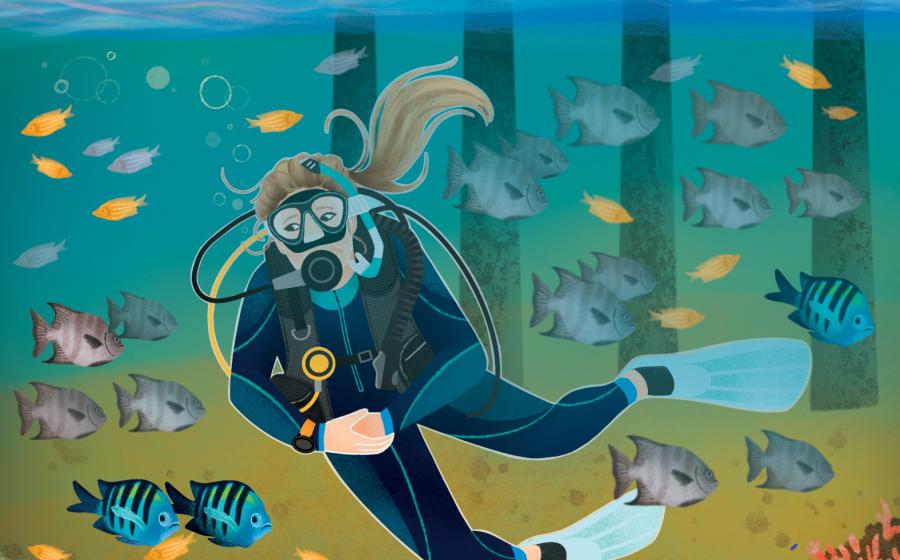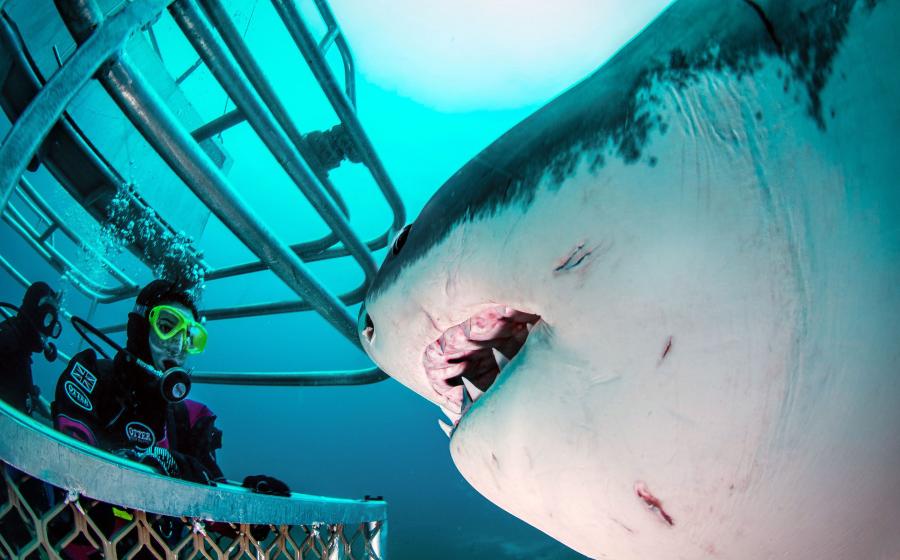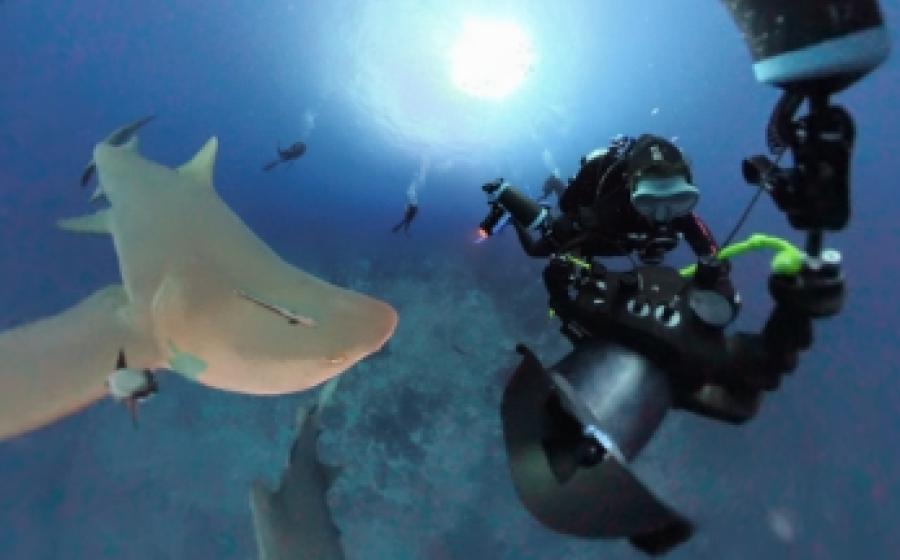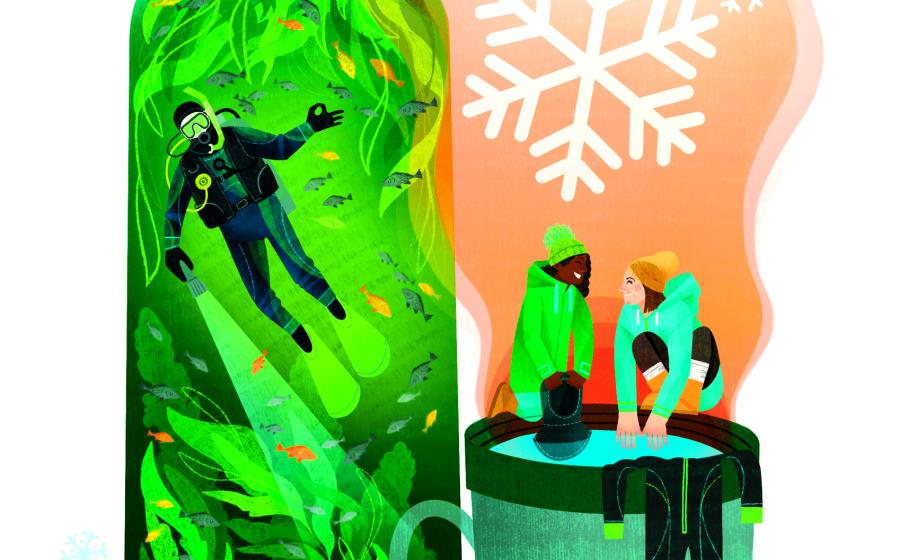David Trotter
||
|---|
|

|
Name:
David Trotter
Age:
67
Hometown:
Detroit, Mich.
Occupation:
Shipwreck hunter
Favorite Dive Destination:
Lake Huron
Certified:
1974
Level of Certification:
Instructor
David Trotter's first diving experience was an impromptu fun-run to Alabama's Morrison Springs before he even finished his certification. Of course, in 1964, there weren't many rules to follow--"I don't think they even had open water checkout back then," he says--and David's group went promptly into the mouth of the waiting cave. The experience set the tone for the rest of his diving life--one spent on the fringe, diving more for adventure than recreation. Work brought him to Detroit, and deep in the Great Lakes, he found a new addiction: Shipwrecks.
"You have to decide if you're a diver or a shipwreck hunter first. I might search all summer without making a dive, but that first dive in August is a keeper."
He quickly fell in with local divers who were making names for themselves discovering long-lost ships. "We were the first to open a skylight into the engine room of the Kamloops," he explains. "And we found one of the engineers still on duty along the catwalk. That engine room had been dead still for 50 years, and the skin on his body looked like Kleenex in a bowl of water, wet and hanging there."
More than 30 years later David is still at it. He and his crew were some of the first to master shipwreck hunting using Loran navigation, side-scan sonar and mixed gases. "Number of wrecks? I've lost count," he says. "Somewhere around 90. But there are some very interesting shipwrecks still to be found in the Great Lakes. I've already searched 2,000 square miles of Lake Huron, so it's not if, but when I'll find them."
Find David at shipwreck1.com.

Name:
David Trotter
Age:
67
Hometown:
Detroit, Mich.
Occupation:
Shipwreck hunter
Favorite Dive Destination:
Lake Huron
Certified:
1974
Level of Certification:
Instructor
David Trotter's first diving experience was an impromptu fun-run to Alabama's Morrison Springs before he even finished his certification. Of course, in 1964, there weren't many rules to follow--"I don't think they even had open water checkout back then," he says--and David's group went promptly into the mouth of the waiting cave. The experience set the tone for the rest of his diving life--one spent on the fringe, diving more for adventure than recreation. Work brought him to Detroit, and deep in the Great Lakes, he found a new addiction: Shipwrecks.
"You have to decide if you're a diver or a shipwreck hunter first. I might search all summer without making a dive, but that first dive in August is a keeper."
He quickly fell in with local divers who were making names for themselves discovering long-lost ships. "We were the first to open a skylight into the engine room of the Kamloops," he explains. "And we found one of the engineers still on duty along the catwalk. That engine room had been dead still for 50 years, and the skin on his body looked like Kleenex in a bowl of water, wet and hanging there."
More than 30 years later David is still at it. He and his crew were some of the first to master shipwreck hunting using Loran navigation, side-scan sonar and mixed gases. "Number of wrecks? I've lost count," he says. "Somewhere around 90. But there are some very interesting shipwrecks still to be found in the Great Lakes. I've already searched 2,000 square miles of Lake Huron, so it's not if, but when I'll find them."
Find David at shipwreck1.com.






